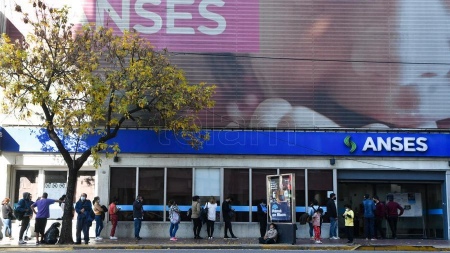Applications for refugees, stateless persons and people with humanitarian visas who wish to pursue a degree at the Federal University of São Paulo (Unifesp) will continue until November 29. In all, there are 48 vacancies for courses such as Biomedicine, Pedagogy, Administration, Law, International Relations, Social Sciences, Nutrition, Physiotherapy, among others. in the notice, you can check the courses and the number of places available. The selection process is free.
The vacancies are distributed on the Baixada Santista, Diadema, Guarulhos, Osasco, São Paulo, Rectory and East Zone campuses. On December 14, at 4:00 pm, on the Unifesp website, the qualified registrations for the test phase will be announced. Applications from people who have already graduated from a Brazilian institution of higher education, public or private, will not be accepted.
Participants must have legal recognition of their status by the Brazilian government. According to the United Nations Refugee Agency (UNHCR), a person who is not recognized by any country is considered stateless. Since August, Brazil started to recognize requests for Brazilian nationality for those who were stateless in the country.
Also according to the UN agency, refugees are people who are outside their country of origin due to persecution related to race, religion, nationality, belonging to a social group or political opinion, as well as due to serious and widespread violation. of human rights and armed conflict.
The humanitarian visa, in turn, is a concession by the Brazilian State to welcome foreigners in a situation of serious or imminent institutional instability or serious violation of human rights or International Humanitarian Law.
Schedule and content
The test will be applied on January 18 and will last for 4 hours, from 2 pm to 6 pm. Candidates will have to answer an objective test and write an essay test, with the final grade being the result of the sum of the two tests. A grade greater than zero in each of them and a final grade equal to or greater than 30 is required to be considered qualified in this phase.
The objective test will have 25 multiple-choice questions, each containing five alternatives, with only a single correct answer. The questions will be in Portuguese, Mathematics, Geography, History, Sociology, Philosophy, Biology, Chemistry and Physics. Each question will be worth three points, totaling 75 points. The details of the programmatic content can be checked in the public notice.
Writing is mandatory and will be carried out only in Portuguese. The text must contain at least 12 lines on a topic to be informed at the time of application of the test. The score is a maximum of 25 points.















